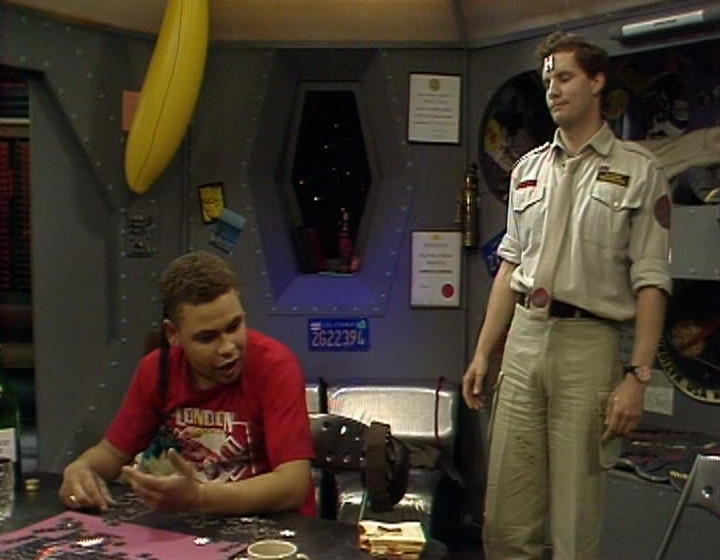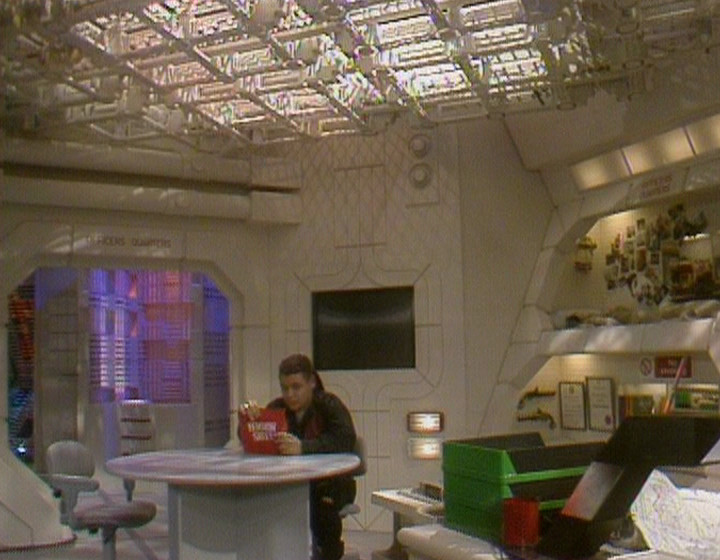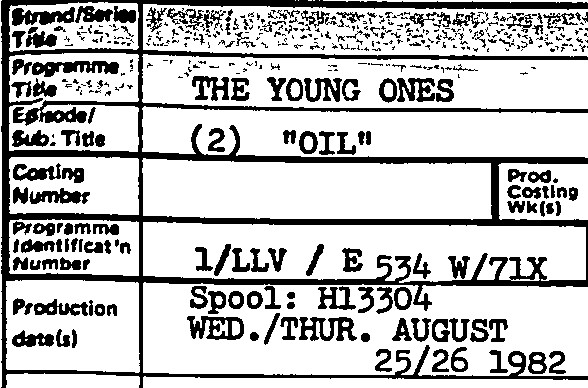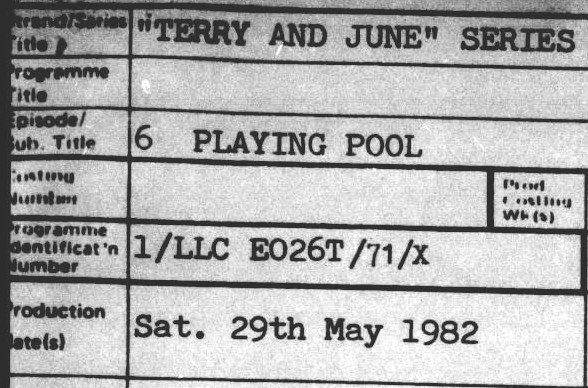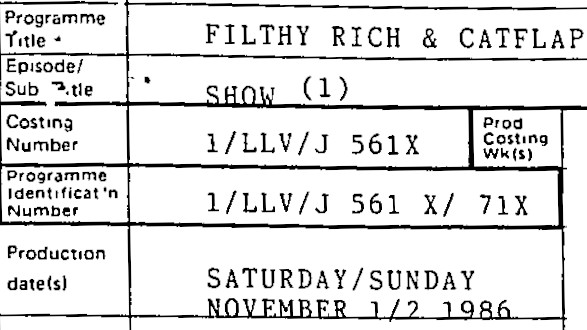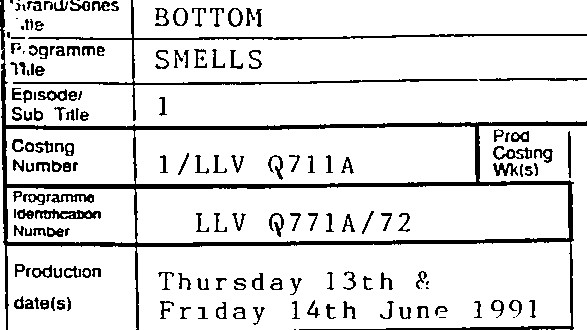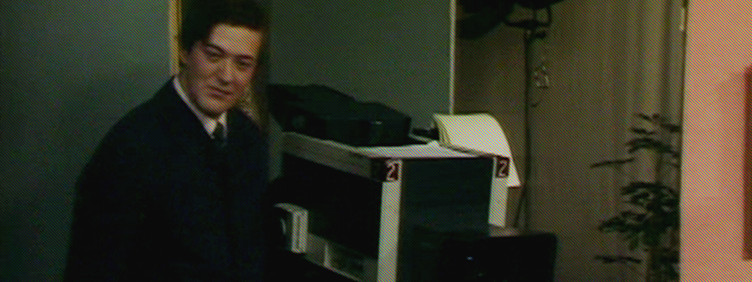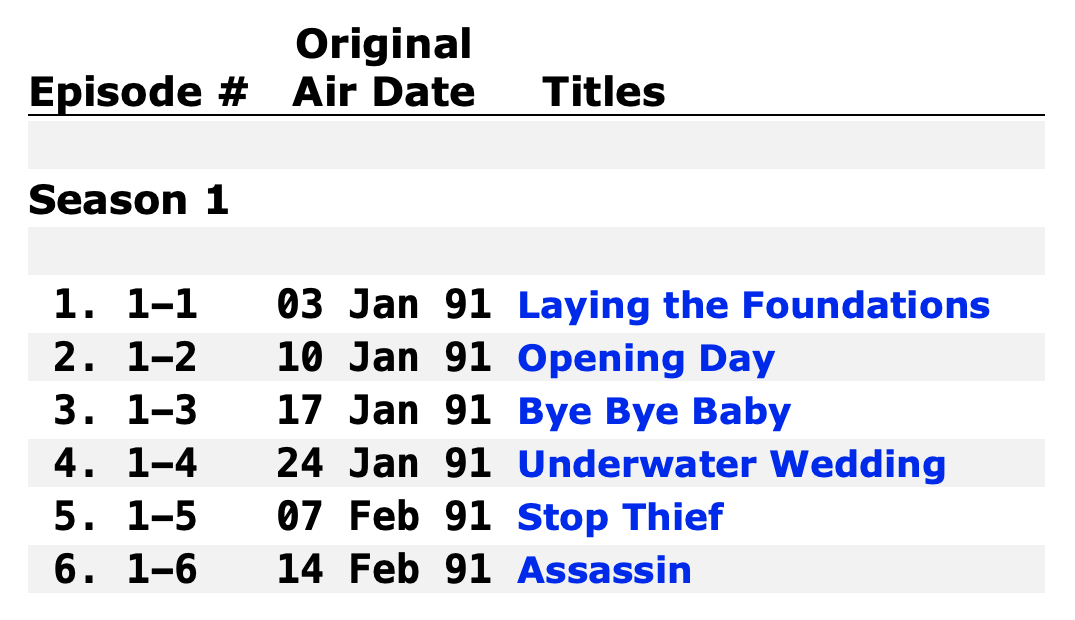Here is today’s bold and dangerous statement here on Dirty Feed: Danger Mouse did not get viewing figures of 21 million viewers in 1983.
To me, this statement would seem to be self-evident. The idea that Danger Mouse beat every single episode of Coronation Street broadcast that year would seem to be highly dubious. Many others, however, seem to disagree. Take this BBC News article from 2013, “How Danger Mouse became king of the TV ratings”:
“A curiously British cartoon, it parodied James Bond and was influenced by Monty Python’s anarchic humour.
Thirty years ago children’s cartoon Danger Mouse topped the TV ratings, beating even Coronation Street. But what happened to the legendary Manchester animation house Cosgrove Hall Films, which created the rodent secret agent?
Voiced by Only Fools And Horses star David Jason, Danger Mouse was the flagship of Cosgrove Hall Films, based in a quirky studio in the Manchester suburb of Chorlton-cum-Hardy.
Vibrant, surreal and deliciously silly, an astonishing 21 million viewers reportedly tuned in to watch it in 1983, a record for a children’s programme which has yet to be beaten.”
But the BBC are far from alone in reporting this. A quick Google search reveals this factoid to be absolutely everywhere. Sure enough, many people clearly grabbed it from the 2013 BBC News piece, as in this extremely recent piece in the Manchester Evening News, “Calls for a Danger Mouse statue in Chorlton”:
“A resident has called for a Danger Mouse statue to be erected in the centre of Chorlton.
A post by Andrew Jones in the Facebook group Chorlton M21 shared the idea of crowdfunding for a Bronze statue of the animated mouse on the corner of Barlow Moor Road and Wilbraham Road.
The idea proved popular and was met with more than 150 likes.
Silly, exciting and with a huge amount of custard, Danger Mouse was a huge success on screen, and in 1983, once racked up 21 million viewers, beating Corrie, and smashing records for the highest viewings of a children’s show.”
Other sources are rather more troubling. When I first started researching this article, I thought the 21 million figure might just be traced back to an over-enthusiastic fan, and we could just have a jolly good laugh at their expense. Unfortunately, this is very much not the case. In 2020, The Guardian posted “How we made Danger Mouse – by David Jason and Brian Cosgrove”.
And what does Brian Cosgrove, co-creator of Danger Mouse have to say?
“I worked with a small group of animators. We had certain rules. Danger Mouse was a mouse living in a world of humans. When he drives around London, his car is mouse-sized – he could get stepped on! That’s what I like about animation: you can ignore common sense. We never talked down to our audience. Children were mature people, just small. We didn’t realise were making something that would achieve such a level of affection. It certainly wasn’t due to the quality of the animation, but I think Danger Mouse had heart. At one point in the early 80s our viewing figures – 21 million – were higher than Coronation Street’s.”
Ah. Erm. Hmmmm. OK.
When the co-creator of the show is literally stating the 21 million viewing figure as fact, the onus is on me to prove that the figure is false, rather than pointing and saying “don’t be ridiculous”. And sure, we can easily have a first stab at that. If we look at the Top 10 rated programmes in 1983 from BARB, we can see that the highest rated programme that year was Coronation Street… with viewing figures of 18.45 million. And 18.45 million is a figure which is lower than 21 million, I am fairly confident in stating.
But I think we need to go deeper. Where exactly does this 21 million figure come from?
* * *
I’m not sure I can answer that for sure. But I can pinpoint a relatively early reference to it. Much earlier than 2013, at least.
From the BBC itself, we have this image gallery published in 2006, which confidently states:
“Danger Mouse (1981 – 1992): The world’s greatest Mouse detective Danger Mouse with his trusty sidekick Penfold achieved cult status and in 1983 viewing figures topped 21 million!”
But we can go further back, and to a rather more primary source to boot. The old Cosgrove Hall website – now long gone, but preserved on the Wayback Machine – has this to say about Danger Mouse, published right back in 2002:
“At one stage in early 1983 Dangermouse viewing figures hit an all time high of 21.59 million viewers. In the same week the movie Superman managed a mere 16.76 million!”
Which suddenly gives us some extra information to work with. We have a very specific figure of 21.59 million, and – crucially – we now know that Superman was broadcast in the same week as the supposedly record-breaking Danger Mouse figures.
Superman – its UK television premiere, no less – was broadcast across ITV on the 6th January 1983. And Danger Mouse was also on that week: in fact, it was the opening episodes of Series 4.1 Between the 3rd – 7th January 1983, the five part serial “The Wild, Wild, Goose Chase” were broadcast. And all of a sudden, we’re not waving vaguely at “21 million viewers in 1983” – we have a very specific week we can investigate.
Reader, I have investigated. I have gone beyond the annual figures on the BARB website, and asked them for anything they could provide for this specific week. Incredibly, they actually indulged me. Here is the Top 10 programmes for ITV, for the week ending 9th January 1983 – figures not publicly available anywhere else online, as far as I am aware:
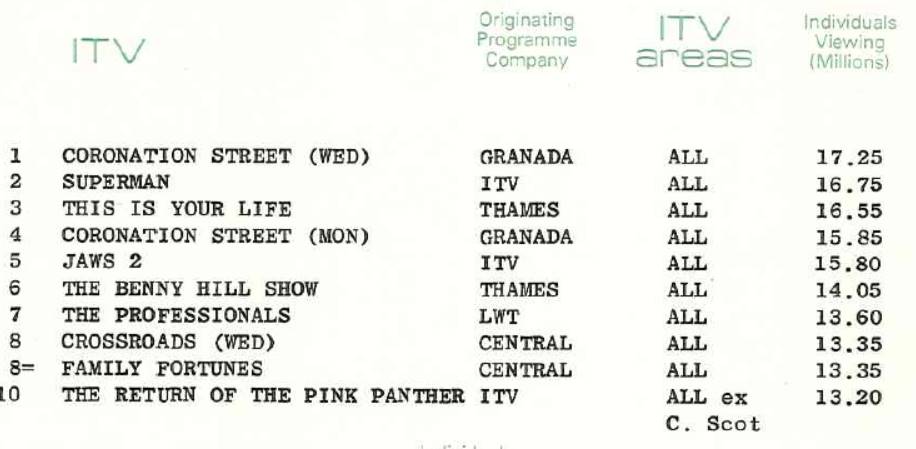
Danger Mouse is nowhere on that list. Moreover, the top-rated programme of the week – Coronation Street – had viewing figures of 17.25 million, significantly below 21.59 million. As far as I am concerned, case closed. Danger Mouse wasn’t pulling in viewing figures of 21 million viewers. It wasn’t even close.
As to why Cosgrove Hall were claiming that figure… I can’t say. 21.59 million is an extremely specific number. Moreover, Cosgrove Hall’s claim of Superman getting 16.76 million is pretty much correct.2 It is rather tempting to suggest that somebody with a dodgy grasp of mathematics added up all the figures throughout the five episodes shown that week, and that each episode got a rather more reasonable 4.3 million instead. Sadly, BARB seem to have no record of Danger Mouse figures at all from 1983, so there’s no way of proving or disproving that theory.
Other potential solutions are available. Maybe the 21 million includes overseas viewing figures. Or, y’know, maybe the decimal point is just in the wrong place. Who knows? All I know is that Danger Mouse very much did not beat Superman, at least on its own terms.
I will, then, leave you with one final thought. Recently I received copies of the 1984 and 1985 Danger Mouse annuals. If the show had been getting 21 million viewers back in 1983, you would think there would have been at least some mention somewhere in those annuals. Frankly, you’d expect it plastered across the front cover.
There is nothing.
Danger Mouse didn’t get viewing figures of 21 million. Tell your friends.
UPDATE (9/11/21): The great thing about writing this site is that I can put together an article, fail to quite reach the end of the story, and then have a reader step in and do the final part for me.
So many thanks to Anthony Forth, who has done some further research on all this, and actually managed to prove what we all suspected. Consulting the full BARB Weekly Report for the week ending 9th January 1983 – available at the BFI library – the viewing figures for the Danger Mouse episodes in question are as follows:
- Mon 3 Jan: 7.281
- Tues 4 Jan: 2.524
- Wed 5 Jan: 2.980
- Thu 6 Jan: 4.105
- Fri 7 Jan: 3.985
Those figures add up to 20.875 million. Which doesn’t quite match the 21.59 million that Cosgrove Hall quoted, but is very much near enough to conclusively prove where the erroneous 21 million figure came from. And let’s be very clear about this: it is erroneous. You don’t get to add together your five different episodes across the week, and say you beat a single showing of anything else. That’s not how viewing figures work.
Anthony also points out that the Bank Holiday Monday figure of over 7 million is very high for the series – twice that of what the BBC was getting at the same time, and more than the programmes which followed on ITV. His theory that this success got conflated and exaggerated over time into “beating Superman” seems to me to be a very sound one.
It’s also worth noting that the figures for the following week’s serial, “The Return of Count Duckula”, are as follows:
- Mon 10th Jan: 4.041
- Tue 11th Jan: 4.381
- Wed 12th Jan: 4.556
- Thu 13th Jan: 4.115
- Fri 14th Jan: 4.535
The total for this serial comes to 21.628 million… or more total viewers across the week than the supposedly famous serial in the same week as Superman. And with that, I think we can safely put this nonsense to bed.
After all: over 7 million viewers for the first episode of the serial is still pretty damn good for the slot. We don’t need to misrepresent anything for that to be considered a success. Danger Mouse did well enough without all that.
Read more about...
best of
